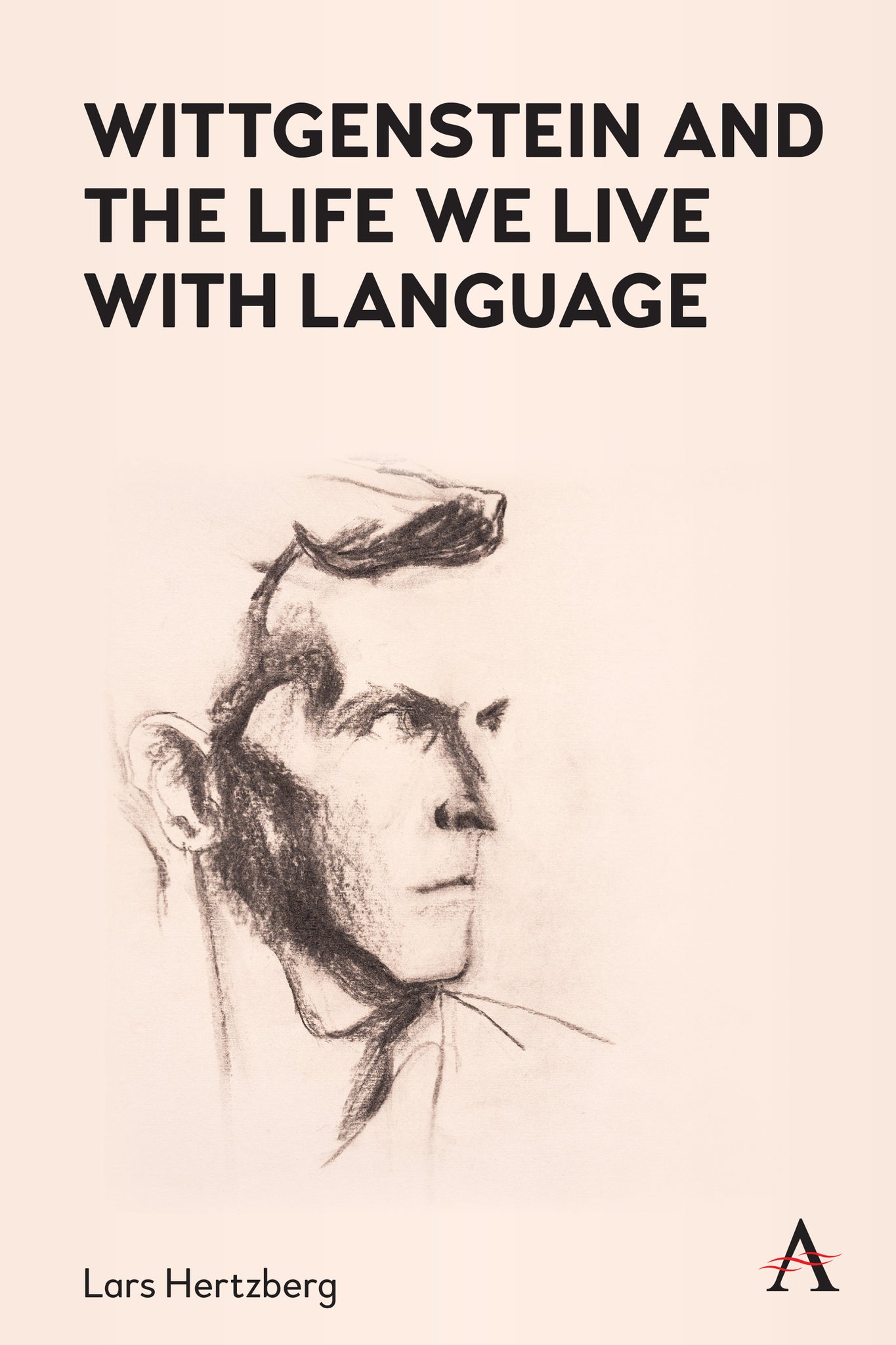We're sorry. An error has occurred
Please cancel or retry.
Wittgenstein and the Life We Live with Language

Some error occured while loading the Quick View. Please close the Quick View and try reloading the page.
Couldn't load pickup availability
- Format:
-
17 May 2022

This work is guided by the idea that Wittgenstein’s thought opens the door to a more profound break with the philosophical tradition than has been generally recognized. It brings this insight to bear on some basic problems of philosophy. Wittgenstein’s work has been assimilated to the analytic tradition in such a way that its radical character has been made nearly invisible. In fact, Wittgenstein formulates a basic critique of a predominant conception in contemporary analytic philosophy, according to which language can be seen as a formal structure describable in general terms. This conception neglects the profound context-dependence of the way things said are to be understood, thus imposing a schematic view of the connections between words and life. By distancing us from the life we live with language, it makes the problems of philosophy come to appear intractable. In this work, the attempt is made to show how philosophical confusions are to be overcome through attending to the actual use of words in conversation.

PHILOSOPHY / General, Philosophy, PHILOSOPHY / Language, PHILOSOPHY / Ethics & Moral Philosophy, Philosophy of language, Ethics and moral philosophy

Hertzberg’s philosophical voice is highly distinctive. This volume is a wonderful demonstration of what will be involved in seriously taking on key strands in Wittgenstein’s later thought, and of the way in which this calls for a more radical transformation in our conception of philosophy than is generally recognized even in the most sympathetic Wittgenstein scholarship.’ —David Cockburn, Emeritus Professor, University of Wales, UK
Introduction; 1. Attending to the Actual Sayings of Things; 2. The Sense Is Where You Find It; 3. On Excluding Contradictions from Our Language; 4. How Do Sentences Do It?; 5. On the Need for a Listener and Community Standards; 6. 'It Says What It Says'; 7. Ethics as We Talk It; 8. Moral Escapism and Applied Ethics; 9. Very General Facts of Nature; 10. Reasons to Be Good?; 11. The Importance of Being Thoughtful; 12. What’s in a Smile?; 13. On Aesthetic Reactions and Changing One’s Mind; Index.



